| Home Welcome |
world
| DEVELOPMENT DRAFT The only stable URL is http://www.vendian.org/howbig/. Comments encouraged - mncharity@vendian.org (Mitchell Charity) |
How Big Are Things?
|
small | Real world |
big | solar system | between | galaxy | ||||||||||||||||||||
| nano |
micro |
meter |
kilo |
Mega |
Giga |
Tera |
Peta |
Exa |
||||||||||||||||||
| Megameter's Room - looking at the entire room |
|
look at a sheet of graph paper |
|
| galaxy | 21 | |
| 20 19 | ||
| local stars | 18 | |
| 17 16 | ||
| between | 15 | |
| 14 13 | ||
| E's orbit | 12 | |
| 11 10 | ||
| sun | 9 | |
| 8 7 | ||
| texas | 6 | |
| 5 4 | ||
| hood | 3 | |
| 2 1 | ||
| you | 0 | |
| -1 -2 | ||
| salt grain | -3 | |
| -4 -5 | ||
| bacteria | -6 | |
| -7 -8 | ||
| atom | -9 |
![]() Earth ~10 Mm
Earth ~10 Mm
![]() Jupiter ~100 Mm
Jupiter ~100 Mm
Sun ~1000 Mm
 |  Sun Sun |
| light-seconds ( lt·s ) | |||||
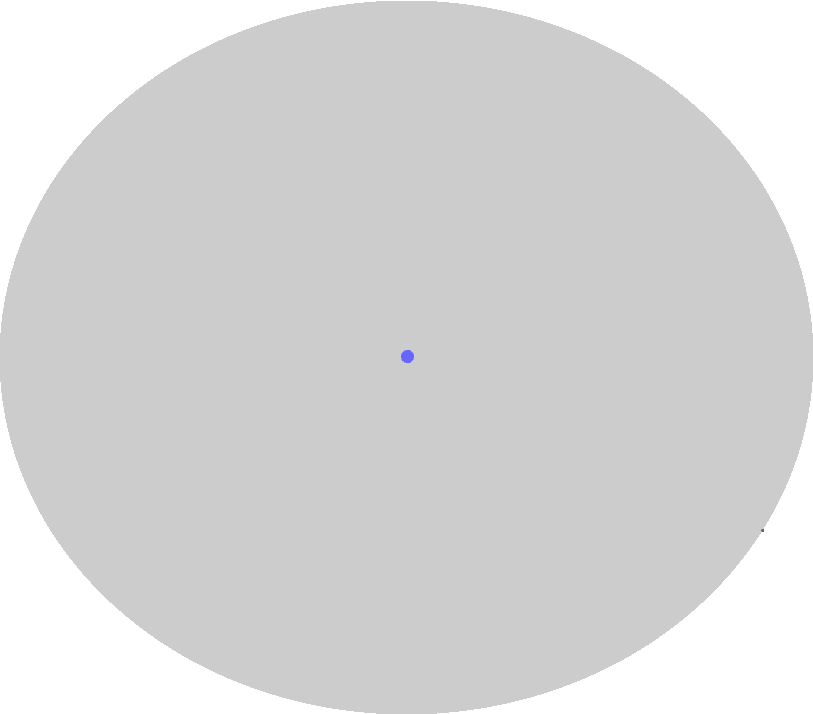 Moon's orbit
Moon's orbit
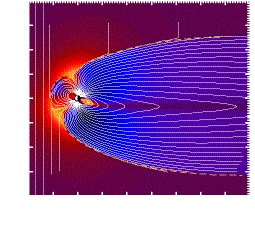 src, original movie |
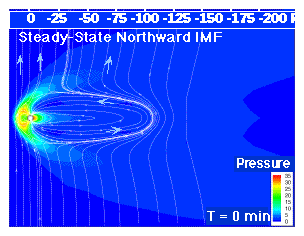 movie |
| Earth's magnetosphere | |
 Sun
Sun
 Alpha Centauri A
Alpha Centauri A
 B
B
![]() C (Proxima)
C (Proxima)
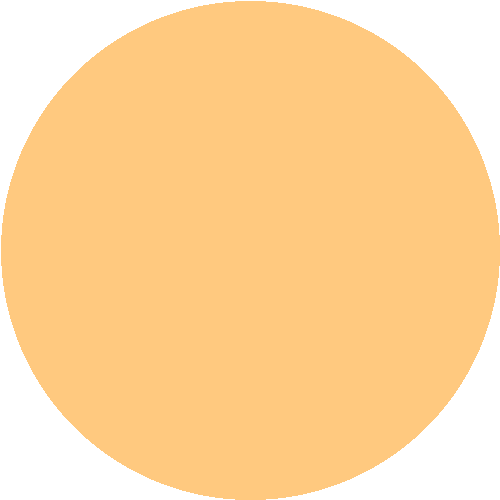 Barnard's Star
Barnard's Star  src
src
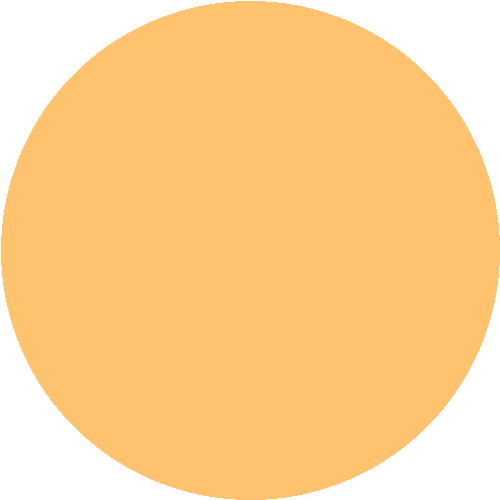 Wolf 359
Wolf 359
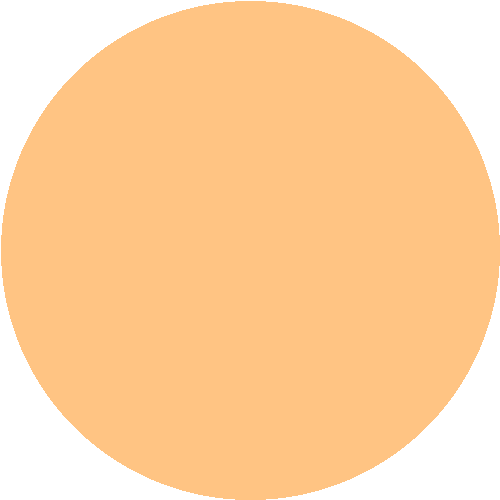 Lalande 21185 (aka BD+36°2147)
Lalande 21185 (aka BD+36°2147)
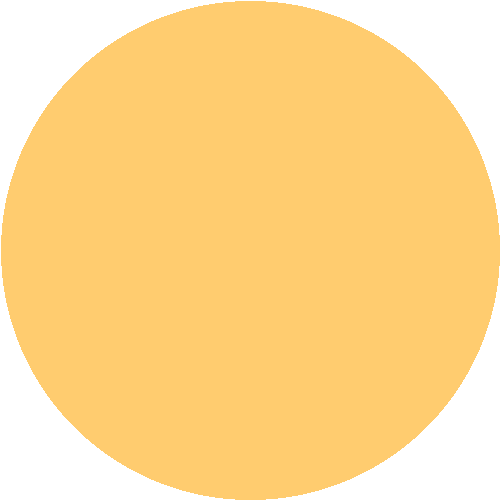 Luyten 726-8 A
Luyten 726-8 A
 B (UV Ceti)
B (UV Ceti)
 Sirius A (the bright star you can see in the sky)
Sirius A (the bright star you can see in the sky)
![]() Sirius B
Sirius B
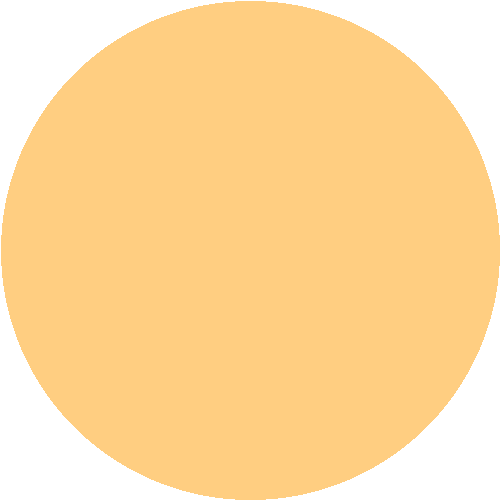 Ross 154
Ross 154
Do some of the stars look similar?
Alpha Centauri A is a lot like our Sun.
But most stars are small, red, and old. Wolf 359 has been around since the galaxy formed.
(c) 2000-2003 Mitchell N Charity. All rights reserved.
Noncommercial use is fine. Otherwise, ask.